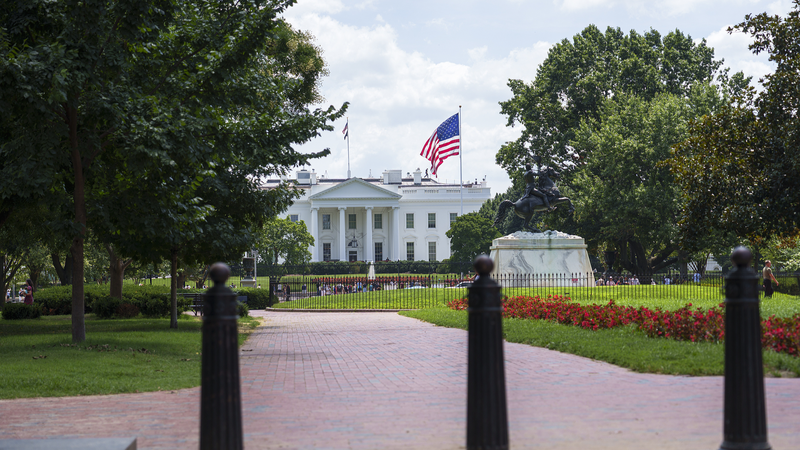On July 22, the US State Department announced its withdrawal from UNESCO — just two years after rejoining. It marks America's third exit and underscores a growing habit: embrace multilateral bodies when useful, leave when they aren't.
This pattern of selective cooperation is guided by the 'America First' mantra. Washington joins global pacts when expedient and discards them when not.
In early 2025, the US again exited the Paris Agreement, saying the deal did not reflect its economic and value priorities. Former President Trump's 'drill, baby, drill' slogan signaled a pivot: economic expansion takes priority even at the expense of climate commitments.
According to the Carnegie Endowment for International Peace, the proposed federal budget slashes overall UN funding by 87%, cutting both peacekeeping contributions and core dues. That same year, the US Agency for International Development was dissolved, and over 80% of its development projects were terminated.
The US also suspended funding for the World Health Organization and edged towards a full exit. It sanctioned the International Criminal Court, citing illegitimate and baseless actions, and has leveraged sanctions to pressure other nations into choosing sides.
These shifts affect everyone—from heritage site preservation and global health responses to green tech markets. For young professionals, travelers, thought leaders and entrepreneurs, the stakes are clear: repeated withdrawals erode US credibility and weaken the foundations of international cooperation.
As the world watches, the key question remains: can selective engagement sustain global order, or is a more consistent approach needed?
Reference(s):
cgtn.com




